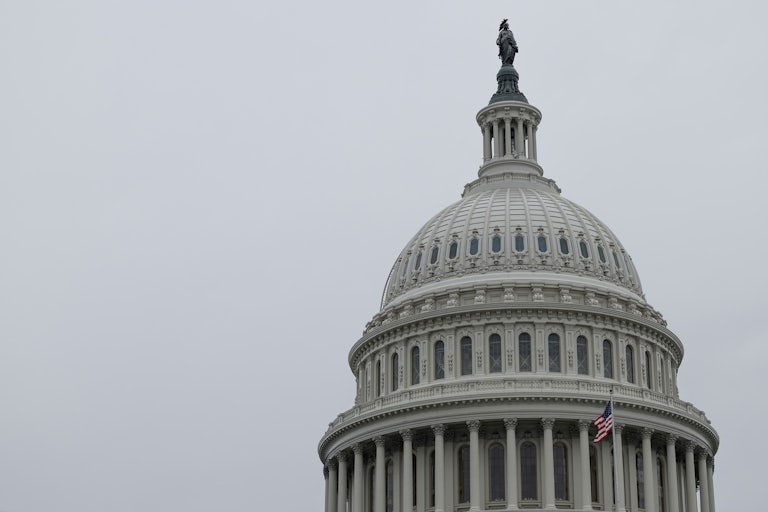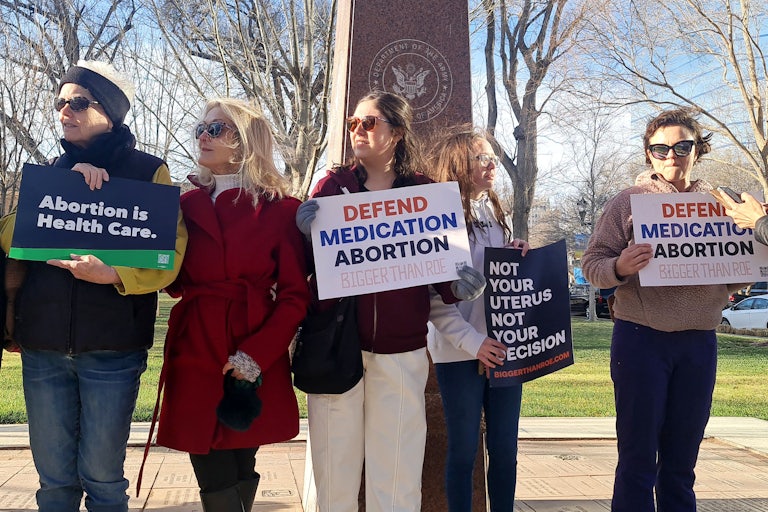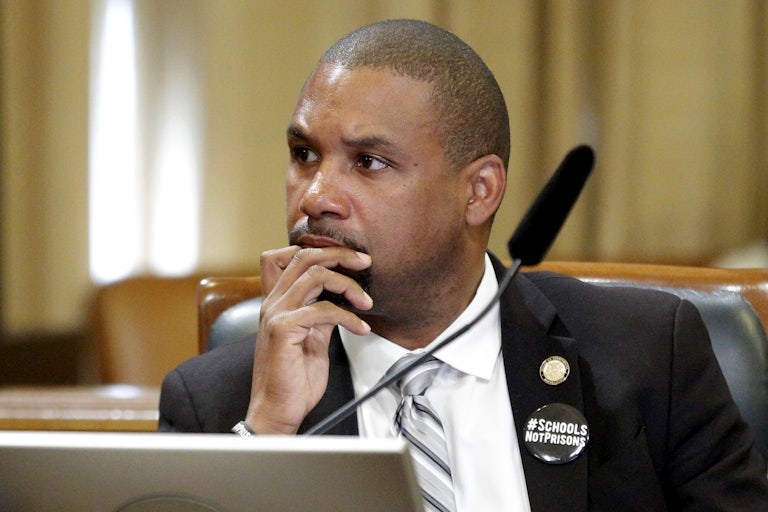The List of Senators Who Voted Not to Repeal the 1991 and 2002 Iraq War Authorizations
Unclear why the list on this AUMF vote is this long.

On Thursday, the Senate voted 68–27 to advance legislation that would repeal the 1991 and 2002 Authorizations for Use of Military Force, or AUMFs, against Iraq.
Here is a list of every senator—all Republicans—who voted against advancing the legislation:
- Marsha Blackburn
- John Boozman
- Katie Britt
- Shelley Moore Capito
- John Cornyn
- Tom Cotton
- Mike Crapo
- Joni Ernst
- Deb Fischer
- Lindsey Graham
- Bill Hagerty
- Cindy Hyde-Smith
- John Neely Kennedy
- James Lankford
- Markwayne Mullin
- Pete Ricketts
- James Risch
- Mitt Romney
- Mike Rounds
- Marco Rubio
- Rick Scott
- Tim Scott
- Dan Sullivan
- John Thune
- Thom Tillis
- Tommy Tuberville
- Roger Wicker
Republicans John Barrasso, Ted Cruz, and Mitch McConnell, as well as Democrats Dianne Feinstein and John Fetterman, were absent.








